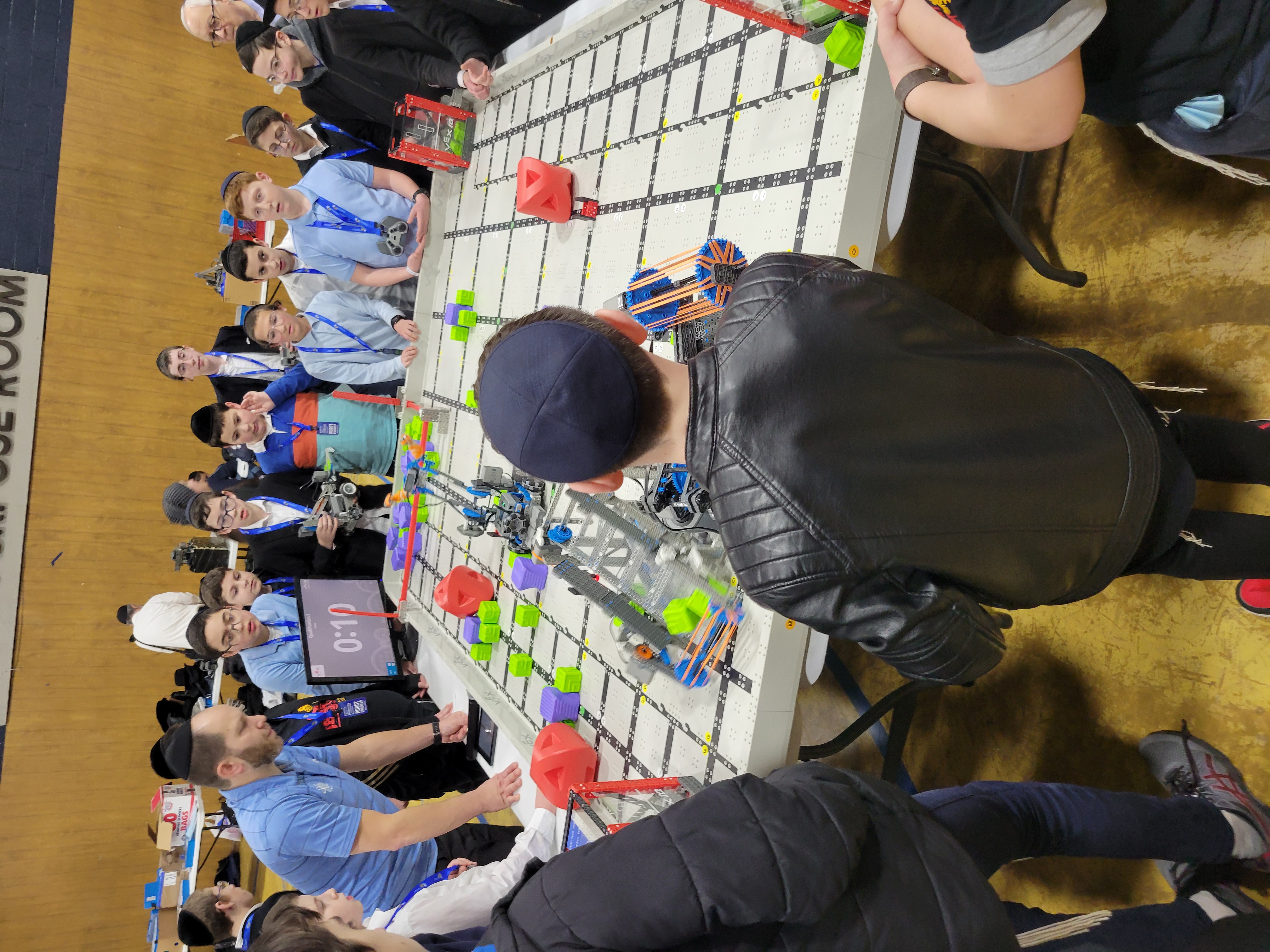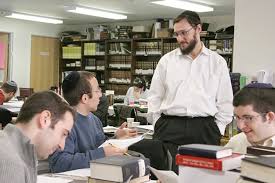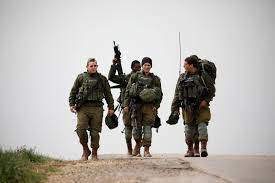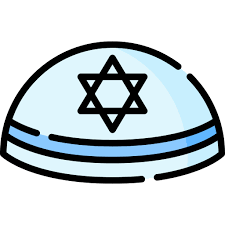Challah for All

It’s been over 200 days – 200 days since part of my family was ripped away, 200 days of madness, 200 days of people who have no business siding with Hamas siding with Hamas. It is a mind-boggling, infuriating, scream-inducing madness.
Anyway, it’s a rabbit hole for me. I can’t think too much on it, because it brings me so low that I can’t handle it. When that happens in my life (and let’s face it, we all get low at times), my only weapon is to do something for the good. I desperately want the hostages rescued and returned, whole and happy, and the only way I think I can possibly impact their rescue is in the spiritual world.















